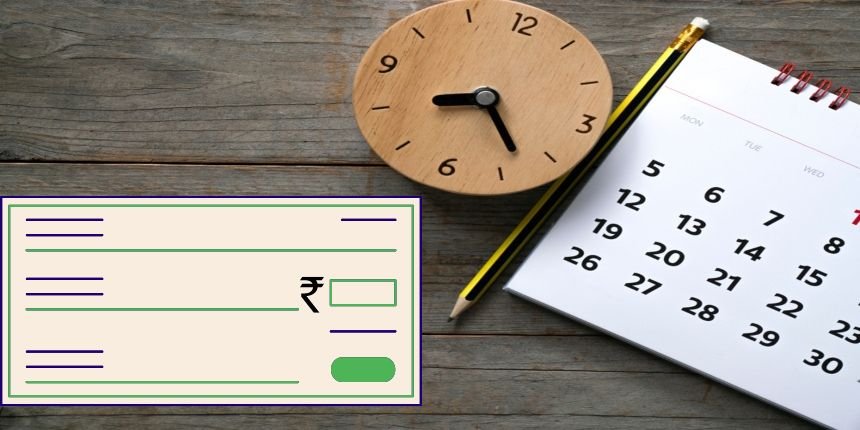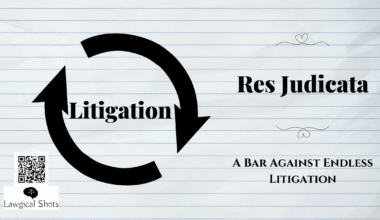Time is of the essence when it comes to legal actions. If a given time limit is crossed, even the most rightful claims may be rejected when seeking legal recourse.
The timelines for cheque bounce case procedure are laid down under Section 138 of the Negotiable Instruments Act. In case your claim comes before the cheque bounce notice limitation is complied with, the Court may hold the complaint as premature. On the other hand, if the same is presented after expiry of a given period, it may lead to dismissal of the complaint due to delay, even if the claim was genuine. Therefore, knowing the crucial timelines under the NI Act is the key to crack cheque bounce cases in India.
Cheque Bounce Time Limit under Section 138 of NI Act
Since the provision itself lays for the limitation to be followed in a cheque bounce case, the various events have been listed below:
Presentation of Cheque
The first requirement for a cheque dishonour case is the presentation of the cheque. NI Act Section 138 requires presentation of cheque in question within the period of 6 months from the date on which it was drawn. In another option, the same should be presented within the period of its validity, if that is earlier.
Cheque Bounce Legal Notice
The cheque bounce notice limitation requires that the person who drew the cheque should be informed/notified about the cheque being dishonoured due to insufficient funds. Section 138(b) of the Negotiable Instruments Act, 1881 states that the payee or holder of cheque has to serve a demand notice/legal notice to the drawer of cheque. Such a cheque bounce notice has to be sent to the drawer within 30 days of receiving information of cheque bounce from the bank.
Failure in Payment of Cheque amount
Cheque bounce time limit for filing the criminal complaint depends upon when the cause of action arises, i.e., the cheque bounce notice limitation is satisfied. Once the demand notice is served, which means the drawer is informed about dishonour of cheque, he has to pay the sum within 15 days. On expiry of this 15-day period, the cause of action arises for the payee to proceed legally under Section 138.
Cheque Bounce Complaint
On expiry of 15 days after the legal notice is served to the drawer of cheque, the cheque bounce time limit for filing criminal complaint is 30 days. In other words, the payee has to approach the Court concerned within 30 days for filing a complaint under NI Act Section 138.
Condonation of Delay in Cheque Bounce Cases
There is no straight jacket formula practised in courts to condone delays. In case a person has a genuine explanation for the delay, they may not be too strict. The said statements are not vague but supported by the Supreme Court’s decision in Maniben Devraj Shah v. Municipal Corporation of Brihan Mumbai wherein, the Court discussed the elasticity of Section 5 of the Limitation Act, 1963. The Division Bench of the Supreme Court specifically targeted the proviso to Section 142(1)(b) of NI Act and observed that “The proviso however stipulates that cognizance of the complaint may be taken by the court after the prescribed period, if the complainant satisfies the Court that he had sufficient cause for not making a complaint within such period.”
FAQs on Cheque Bounce Time Limit
Q- What is the time limit for filing a cheque bounce case?
A- A complaint under Section 138 of NI Act can be made within 1 month after the expiry of 15-day period after the cheque bounce notice limitation ends.
Q- Can NI Act Section 138 notice be sent after 30 days?
A- The legal provision requires the notice to be sent within 30 days of knowing about dishonour of cheque from the bank. Hence, unless the payee has a strong reason to justify the delay before the Court, notice must be sent within the period specified under cheque bounce time limit.
Q- Can a cheque bounce case be filed after 1 year?
A- The NI Act specifically requires the complaint to be filed in accordance with cheque bounce notice limitation. Therefore, a delay of 1 year may be condoned by the Court only if reasonable explanation is provided by the party concerned.








